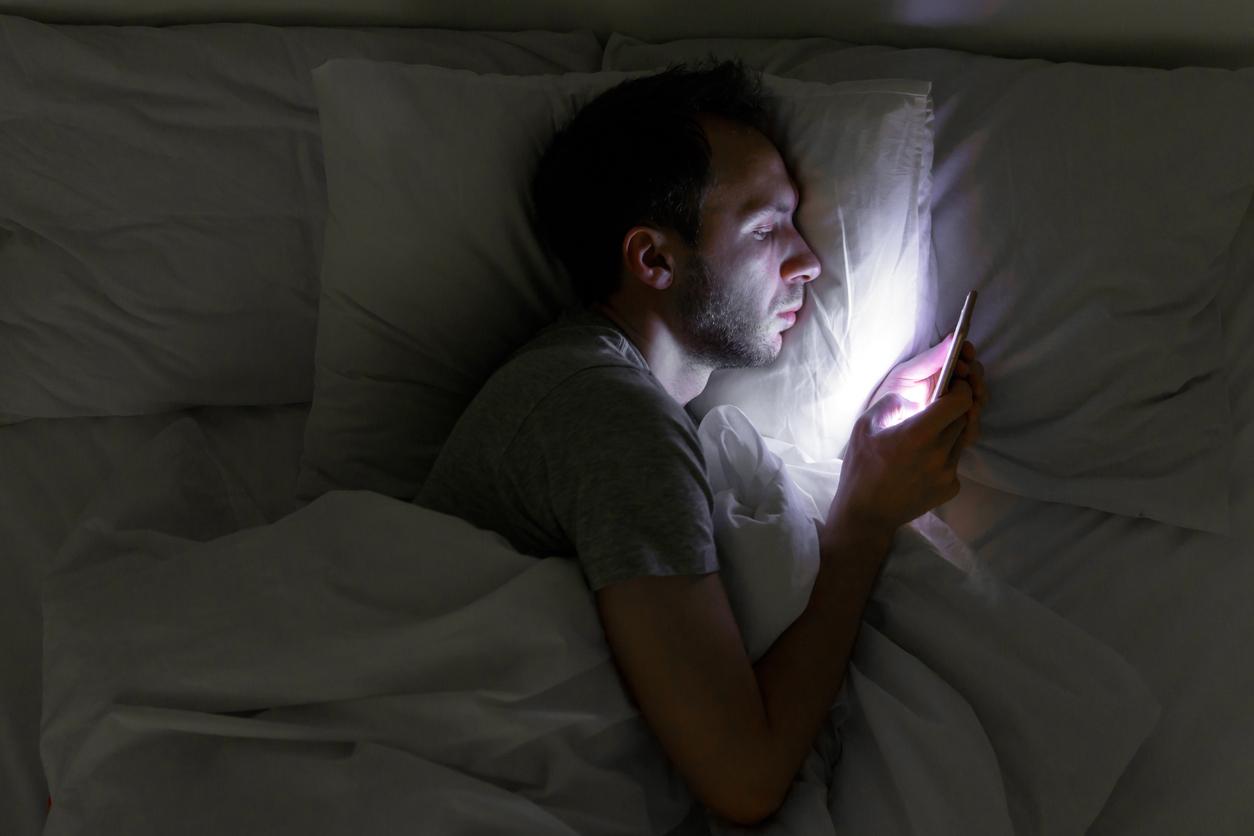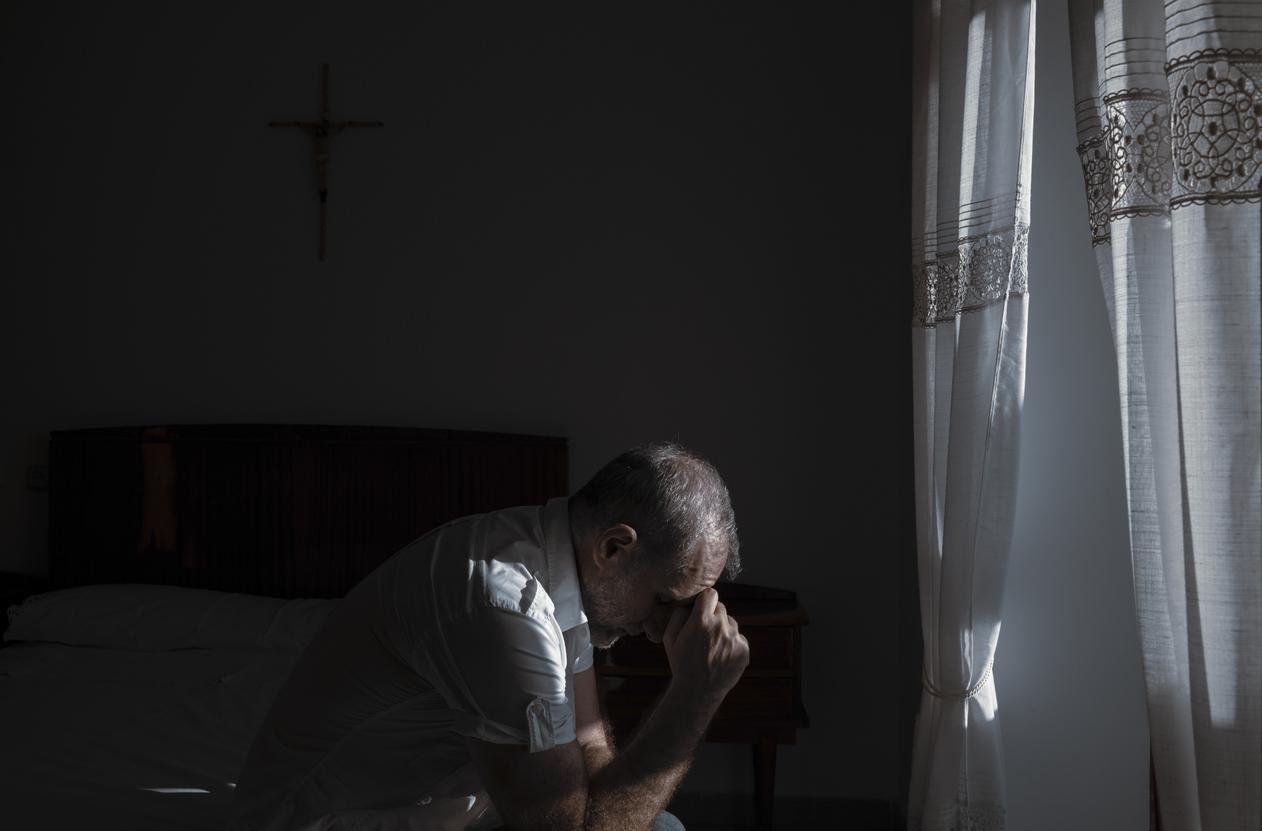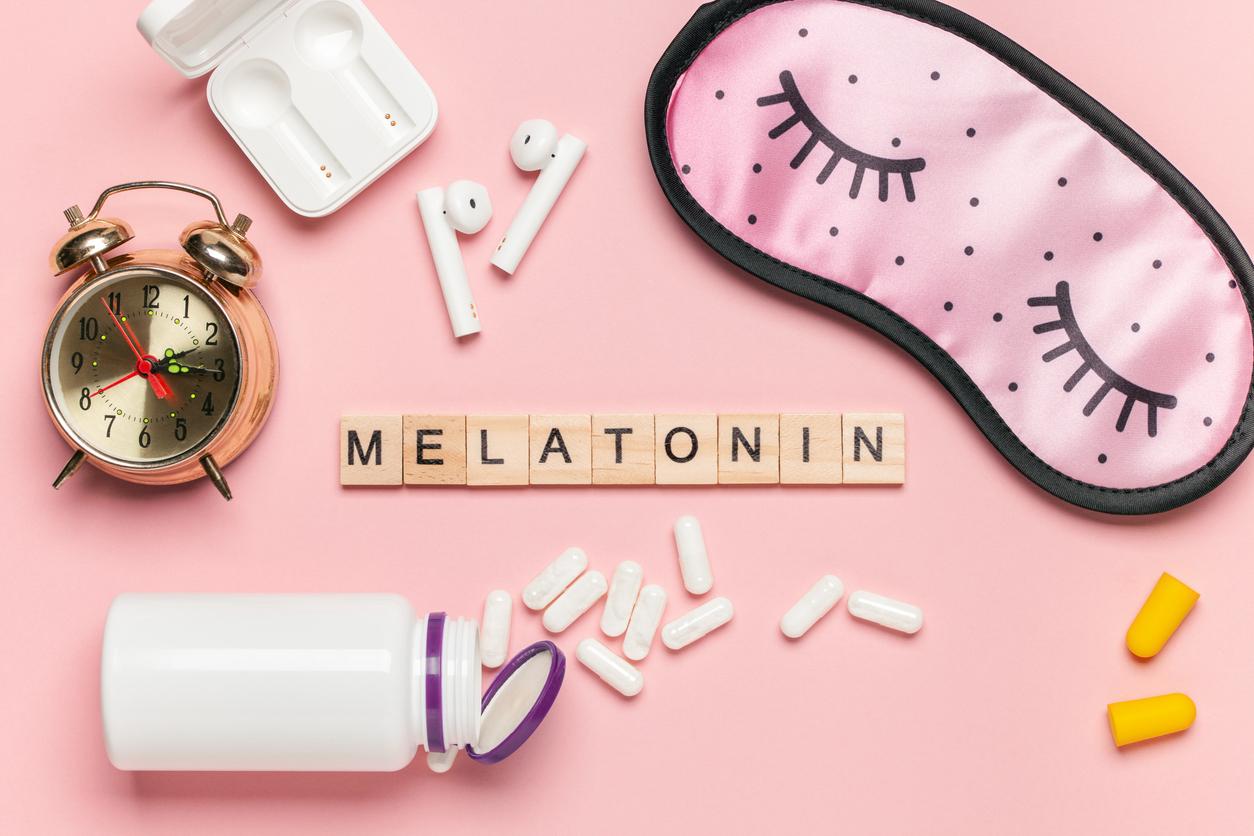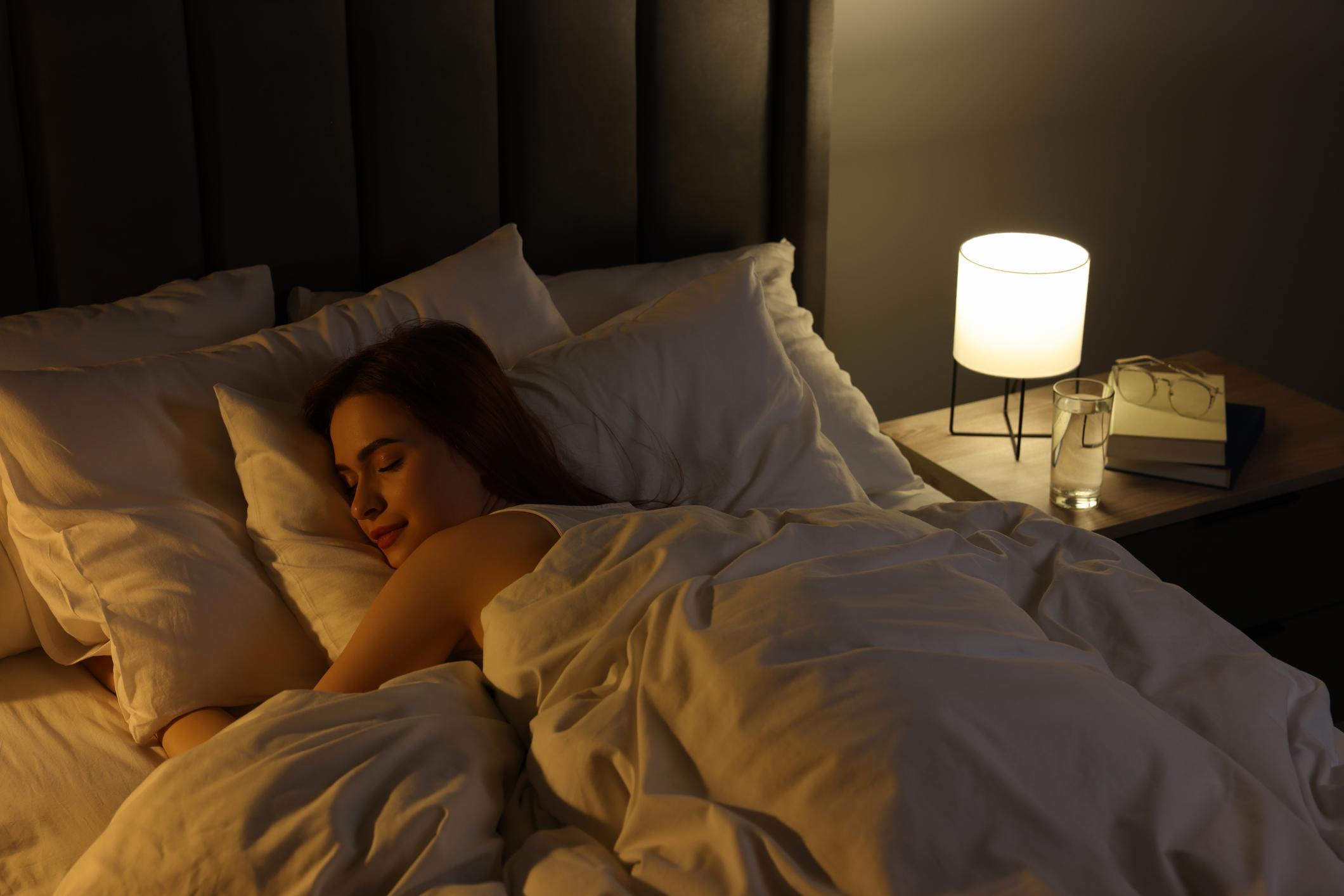Just one hour of exposure to light before bedtime lowers sleep hormone levels by 88% in children, according to results of a study published in the medical journal Physiological Reports.
Researchers at the University of Colorado in the United States evaluated the hormonal impact that exposure to light in the evening can have on young children’s sleep.
“Although the effects of light are well studied in adults, little is known about how light exposure affects the physiology, health and development of preschool children,” Lameese said. Akacem, author of the study. “We found that these children were extremely sensitive to light.”
For the study, the researchers recruited 10 healthy children aged 3 to 5 in a seven-day protocol. The first five days the children followed a strict bedtime schedule to regularize their biological clocks and set them into a cycle where their melatonin (sleep hormone) levels started to rise at around the same time each night.
On the sixth day, the researchers created a low-light environment by swapping out the existing lights for low-wattage bulbs. All participants were thus exposed to the same amount of light. Researchers regularly took saliva samples to assess melatonin levels. After spending the day in this new low-light environment, the children played with a light table for an hour. Saliva samples were taken for comparison.
Light impacts children’s melatonin production
The results of the study showed that the levels of melatonin were decreased by 88% after exposure to bright light and this rate change lasts for at least 50 minutes after the light is turned off. What causes in children a difficulty falling asleep and a shortened night’s sleep.
“The preschool years are a very sensitive period of development in which the use of digital media is becoming increasingly pervasive,” said the study’s author. The use of electronic media in young children has tripled since 2011. “We hope this research can help parents and clinicians make informed decisions about children’s light exposure.”
Read also:
Children’s sleep, the key to a healthy weight
Smartphones interfere with teenage sleep
Children’s sleep linked to obesity

















